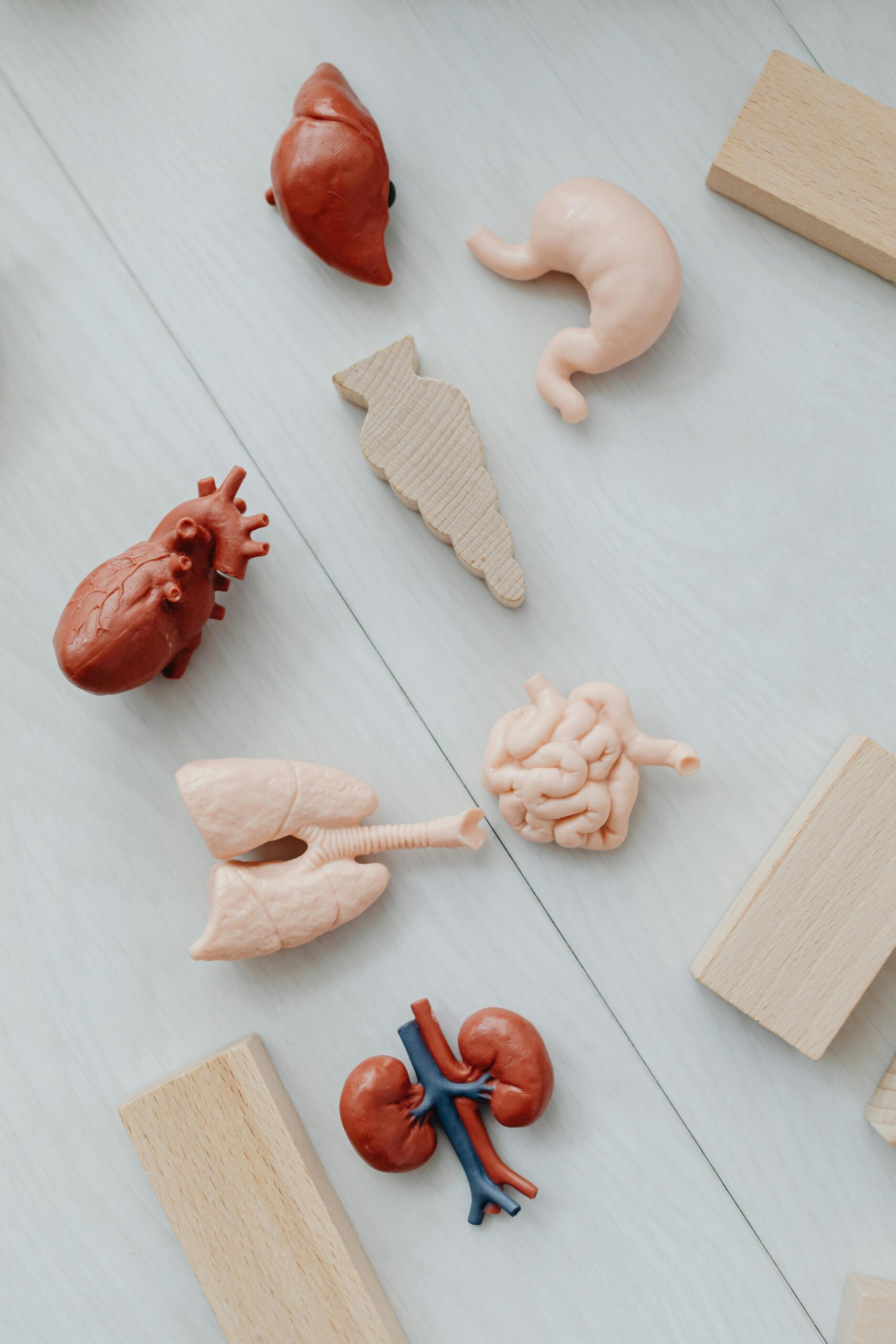Tag: nutrition
-

The Science Behind Plastics and Cancer Risk: What You Can Do
Plastic is everywhere. From our kitchens to our cars and are even part of crucial processes in places like hospitals. Growing research indicates that certain chemicals have been proven to be harmful, especially when it comes to long-term cancer risk. While we’re not calling for panic or perfection, small shifts in how we interact with…
-

Artificial Sweeteners and Health Hazards
Artificial sweeteners, also known as low-calorie sweeteners (LCS), are sugar substitutes added to foods and beverages to provide sweetness without the calories of regular sugar. These intense sweeteners can be hundreds to thousands of times sweeter than sugar, making them popular in “diet” or “sugar-free” products. There are six LCS (low calorie sweeteners) approved by…
-

The Power of Antioxidants: Protecting Your Health from Free Radical Damage
Understanding Free Radicals and Oxidative Stress Before diving into antioxidants, it’s important to understand free radicals, these are harmful molecules that form naturally in our bodies and come from things like pollution, cigarette smoke, junk food and sunlight. Because of their unequal electron count, these compounds are extremely reactive and have the potential to harm…
-

From Frying to Fresh: How Cooking Methods Can Impact Cancer Risk (And What to Do Instead)
We all love the sizzle of a grill or the crispy crunch of fried dishes, but did you know that high-heat cooking methods can create dangerous compounds from seemingly harmless food? These compounds can, in turn, increase your risk of cancer. The good news? Small modifications in how you cook can drastically minimize risks while…
-

The Gut-Brain Axis: How Your Gut Influences Your Mind
Before a significant presentation, have you ever experienced “butterflies” in your stomach? Have you ever suffered from gastrointestinal distress when under stress? These feelings draw attention to the gut-brain axis, the intriguing relationship between your gut and brain. The hypothalamic-pituitary-adrenal (HPA) axis, enteric nervous system (ENS), autonomic nervous system (ANS), and central nervous system (CNS)…
-

Gentle Ways to Manage Cancer-Related Fatigue: From Restorative Yoga to Herbal Support
Cancer-related fatigue (CRF) is not just ordinary tiredness—it’s a persistent, overwhelming exhaustion that doesn’t improve with rest. In contrast to ordinary fatigue, CRF can be brought on by anemia, stress, inflammation, or cancer therapies, making daily tasks feel draining. Thankfully, mild, all-encompassing methods can help control chronic weariness and enhance quality of life. Understanding Cancer-Related…
-

Cruciferous Veggies: Your Powerful Ally Against Cancer
Cruciferous vegetables belong to the Brassica family and include nutritional powerhouses like broccoli, Brussels sprouts, cabbage, cauliflower, kale, bok choy, arugula, and radishes. Carotenoids (beta-carotene, lutein, and zeaxanthin), vitamins C, E, and K, folate, minerals, and fiber are just a few of the vital nutrients that are abundant in these vegetables. However, their exceptional ability…
-

Which Oil Should You Be Using for Better Health?
Just like protein and small portions of complex carbs, our body needs fat! Fat serves as insulation, safeguards our organs, promotes brain health, and facilitates the absorption of vital vitamins. But not all fats are made equal, particularly when it comes to the oils we use on a regular basis. The Problem with Common Vegetable…
-

Calcium Deficiency: What You Need to Know
One of the most essential minerals in the body, calcium is vital for nerve transmission, muscular contraction, vascular contraction, and hormone release. It is also essential for keeping teeth and bones strong. The body uses bone tissue as a store to maintain steady quantities of calcium in the blood, muscles, and intercellular fluids. Hypocalcemia, or…
-

Understanding the Role of Traditional Chinese Medicine (TCM) in Cancer Care
Cancer is a complex and challenging disease that affects millions of people worldwide. Even though contemporary therapies like radiation, chemotherapy, and surgery are frequently employed, many patients also seek extra help from Traditional Chinese Medicine (TCM). For thousands of years, TCM has been utilized to encourage healing and balance in the body because of its…
